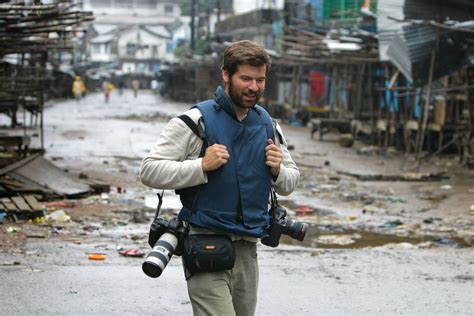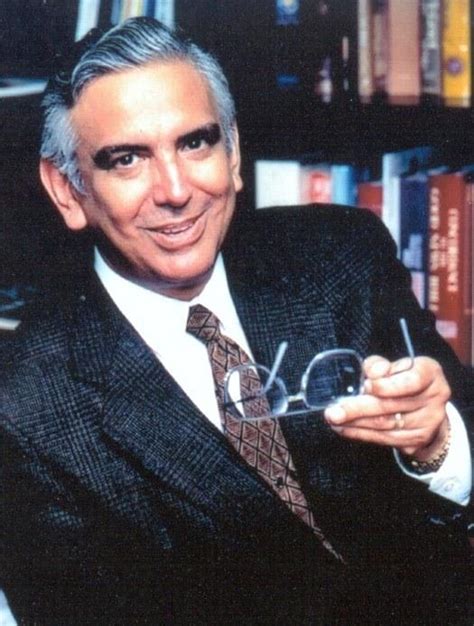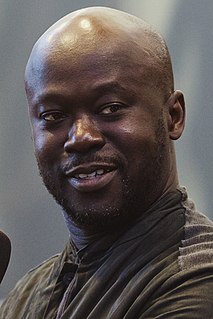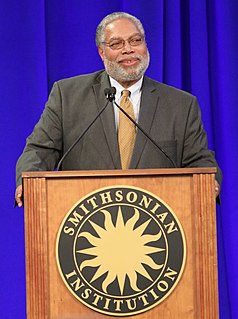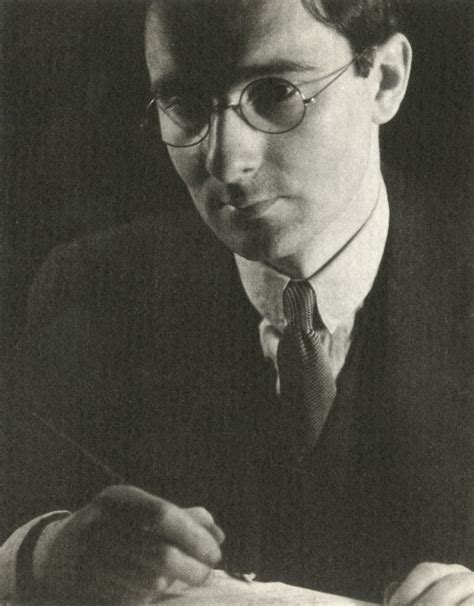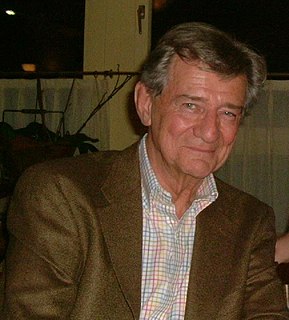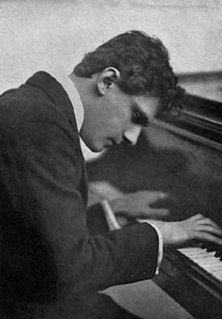A Quote by Susan Sontag
The Western memory museum is now mostly a visual one.
Related Quotes
The museum in D.C. is really a narrative museum - the nature of a people and how you represent that story. Whereas the Studio Museum is really a contemporary art museum that happens to be about the diaspora and a particular body of contemporary artists ignored by the mainstream. The Studio Museum has championed that and brought into the mainstream. So the museums are like brothers, but different.
'Summer of Love: Art of the Psychedelic Era,' the Whitney Museum's 40th-anniversary trip down counterculture memory lane, provides moments of buzzy fun, but it'll leave you only comfortably numb. For starters, it may be the whitest, straightest, most conservative show seen in a New York museum since psychedelia was new.
Usually in theater, the visual repeats the verbal. The visual dwindles into decoration. But I think with my eyes. For me, the visual is not an afterthought, not an illustration of the text. If it says the same thing as the words, why look? The visual must be so compelling that a deaf man would sit though the performance fascinated.
Memory is corrupted and ruined by a crowd of memories. If I am going to have a true memory, there are a thousand things that must first be forgotten. Memory is not fully itself when it reaches only into the past. A memory that is not alive to the present does not remember the here and now, does not remember its true identity, is not memory at all. He who remembers nothing but facts and past events, and is never brought back into the present, is a victim of amnesia.

